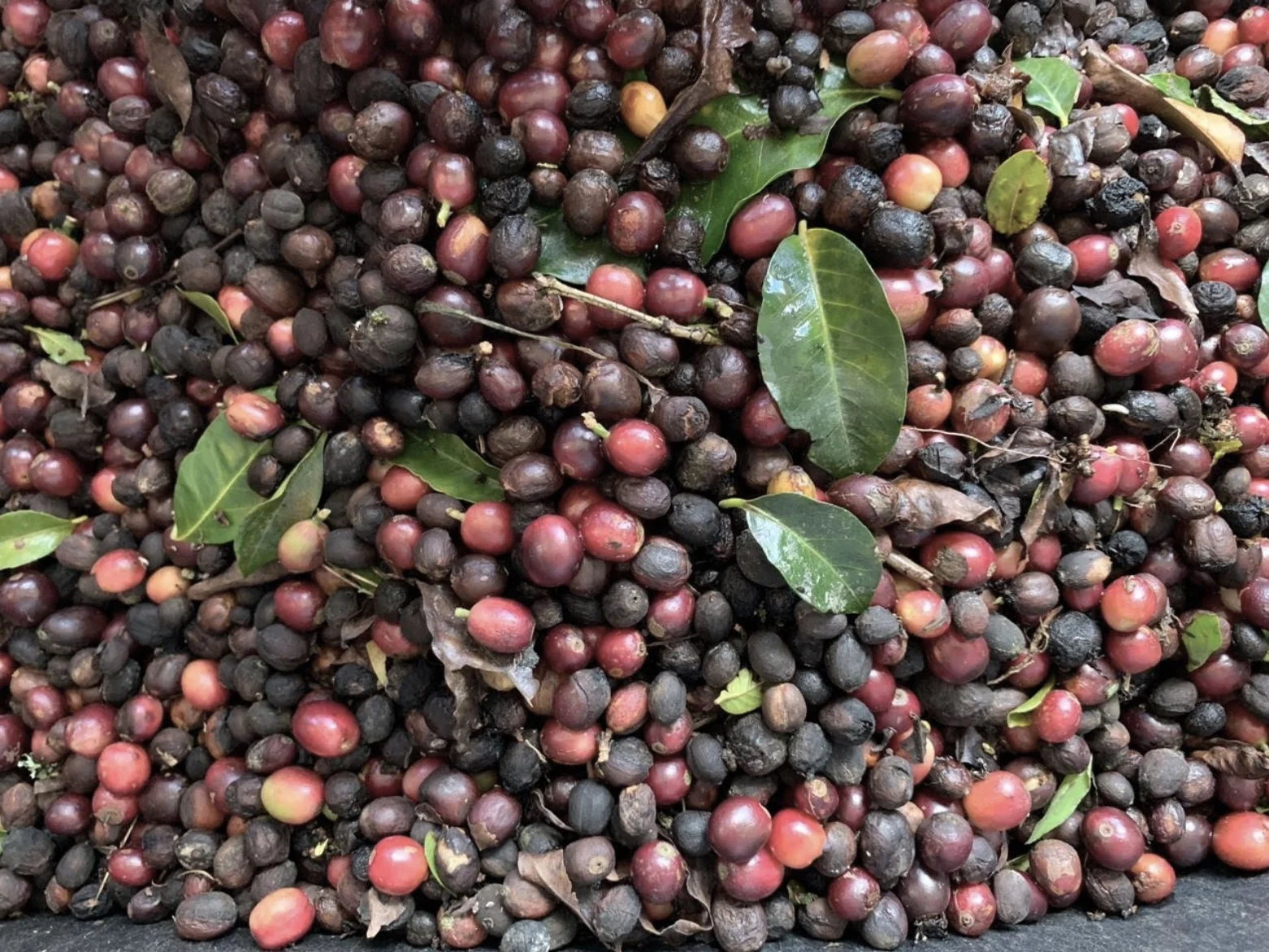Paula Interiors has partnered with the Treatment of Mineral Waters and the Reuse of Resources Project to contribute to the general objectives of the Suyusama Foundation, which seeks to contribute to local and regional communities by implementing economic, environmental, cultural, spiritual, social and political projects while also revitalizing sustainability, by working together with institutions, municipal administration, the national government and international cooperation.
The inadequate disposal of wastewater and organic material of the coffee industry causes serious impacts to the environment and especially contributes to the deterioration of freshwater deposits. 72% of the pollution that reaches natural water currents comes from the coffee production process. (Aragon, Gutierrez, Valencia, 2014). Therefore, the implementation of new technology that helps to eliminate the impacts caused by the cultivation of coffee is necessary. The Suyusama Foundation has been carrying out various systems for the treatment of wastewater in these plantations; aided by the Specialty Coffee Association of Sandoná (ASOCAFESAN), a social organization founded with the purpose of strengthening production processes and negotiating better economic outcomes for its members.
Within the framework of the internship undertaken by the student Enrique Rodríguez at the Suyusama Foundation, a common interest was generated with representatives of the ASOCAFESAN organization, who have made progress in the implementation of water treatment systems for wastewates. The initiative for this project arises from this interaction, which also seeks to improve competitiveness, seeks to articulate with regional development processes towards the empowerment and appropriation of education. Although the Suyusama Foundation and ASOCAFESAN have been carrying out water treatment projects for years, there is a problematic outcome since the technology proposed for the treatment have not been successfully adapted due to the cost, difficult maintenance and little practicality for the local farmer. This project aims to be the link between the farmers, their crops and the new water treatment technology.
In response to this, an interdisciplinary team from the Pontifical Javeriana University of Bogotá (PUJ) was created to develop a technology that mitigates and / or eliminates the negative impacts caused by the inadequate disposal of waste-waters and reinserting them into the agricultural production cycle. Likewise, it seeks to encourage sustainability in crops thanks to the creation of by-products that provide added value, such as self-supply of energy and biofertilizers.
The project aims to create a real-scale model that can be reproduced in the smallholder coffee regions where the Suyusama Foundation is helping communities to deal with the negative impacts caused to water sources and the atmosphere, thus protecting the environment and encouraging the strengthening of associations, promote systems oriented towards cooperation in the construction of societies. Furthermore, it is intended that the outcome of this initiative will be the forerunner of a joint effort between the Suyusama Foundation and the Pontifical Javeriana University of Bogotá in research for a natural treatment and reuse of water and bio-fertilizers that are born as byproducts of these treatments.
Facts
The first Colombia outbound shipment of coffee to the United States, a total of 2,500 pounds, made its way in 1835.
Colombian coffee industry employs 500,000 farmers and generate around 800,000 direct jobs.
Colombia is the world’s 3rd largest producer of coffee right now, and they’re responsible for roughly 12% of global coffee.
In 2011UNESCO declared the “Coffee Cultural Landscape” of Colombia a World Heritage site.

